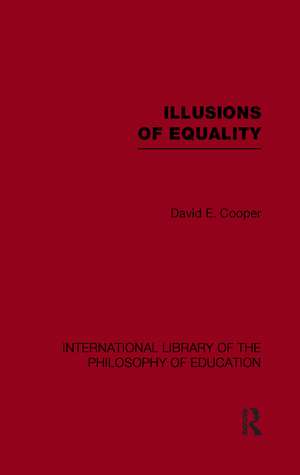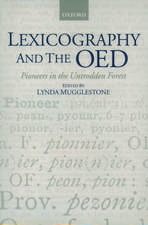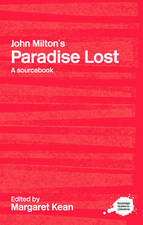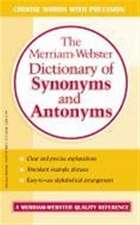Illusions of Equality (International Library of the Philosophy of Education Volume 7)
Autor David Cooperen Limba Engleză Paperback – 13 iul 2012
| Toate formatele și edițiile | Preț | Express |
|---|---|---|
| Paperback (1) | 446.21 lei 6-8 săpt. | |
| Taylor & Francis – 13 iul 2012 | 446.21 lei 6-8 săpt. | |
| Hardback (1) | 997.45 lei 6-8 săpt. | |
| Taylor & Francis – 8 dec 2009 | 997.45 lei 6-8 săpt. |
Preț: 446.21 lei
Nou
Puncte Express: 669
Preț estimativ în valută:
85.38€ • 89.38$ • 70.65£
85.38€ • 89.38$ • 70.65£
Carte tipărită la comandă
Livrare economică 05-19 aprilie
Preluare comenzi: 021 569.72.76
Specificații
ISBN-13: 9780415655095
ISBN-10: 0415655099
Pagini: 192
Dimensiuni: 138 x 216 mm
Greutate: 0.23 kg
Ediția:1
Editura: Taylor & Francis
Colecția Routledge
Locul publicării:Oxford, United Kingdom
ISBN-10: 0415655099
Pagini: 192
Dimensiuni: 138 x 216 mm
Greutate: 0.23 kg
Ediția:1
Editura: Taylor & Francis
Colecția Routledge
Locul publicării:Oxford, United Kingdom
Public țintă
General, Postgraduate, Professional, and UndergraduateCuprins
1. Egalitarianism 2. Equality in Education 3. Education, Equality and Society
Notă biografică
David E Cooper is Professor of Philosophy (Emeritus) at Durham University, having previously taught at the universities of Oxford, Miami and London. He has been a Visiting Professor in the USA, Canada, Germany, Malta, South Africa and Sri Lanka and the Chair of several learned societies, including The Philosophy of Education Society of Great Britain.
Descriere
Educational policy and discussion, in Britain and the USA, are increasingly dominated by the confused ideology of egalitarianism. David E Cooper begins by identifying the principles hidden among the confusions, and argues that these necessarily conflict with the ideal of educational excellence - in which conflict it is this ideal that must be preserved. He goes on to criticize the use of education as a tool for promoting wider social equality, focussing especially on the muddles surrounding 'equal opportunities', 'social mix' and 'reverse discrimination'.









![Famous Last Words, Fond Farewells, Deathbed Diatribes, and Exclamations Upon Expiration: The Mysterious Landscapes of the Red Planet [With Poster]](https://i4.books-express.ro/bt/9780761126096/famous-last-words-fond-farewells-deathbed-diatribes-and-exclamations-upon-expiration.jpg)



